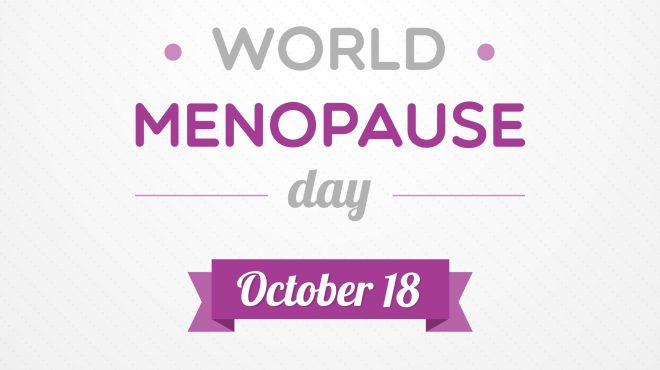How Swimming Supports Women’s Wellbeing

Each year on 18th October, World Menopause Day raises awareness of the physical, emotional, and social challenges women may experience during menopause, while encouraging conversations about how to support wellbeing.
As a leading awarding body for delivering regulated training across swimming, and open water coaching in the UK, STA understands the powerful benefits of swimming, and how it can play a key role in supporting women’s health and confidence during this stage of life.
The Benefits of Swimming for Menopause
1. Gentle on Joints, Great for Fitness
Swimming is a low-impact, full-body workout that improves cardiovascular health, tones muscles, and enhances flexibility. Because water supports up to 90% of body weight, joints are cushioned against impact – making it particularly beneficial for women who may experience stiffness, joint pain, or osteoporosis risk linked to declining oestrogen levels. Falling oestrogen also reduces collagen production, which plays an important role in joint health, skin elasticity, and connective tissue. Regular swimming helps strengthen the muscles around joints and supports mobility, which can offset some of these changes.
Swimming is also one of the few forms of aerobic exercise that is gentle on the pelvic floor, helping women stay active without putting excessive downward pressure on weakened muscles – an important consideration for many during and after menopause.
For those who enjoy swimming outdoors, open water swimming also provides the added benefit of sunlight exposure, supporting natural vitamin D production – vital for bone health and immune function at a time when bone density may decline.
In addition, menopause is associated with a higher risk of cardiovascular disease due to reduced oestrogen levels. Swimming provides excellent aerobic conditioning, strengthens the heart, improves circulation, and helps lower blood pressure, offering long-term protection for cardiovascular health.

2. Supporting Mental Health
Exercise in water is known to ease stress, boost mood, and reduce anxiety. Immersion in water has been shown to lower cortisol (the stress hormone) and trigger the release of endorphins and serotonin. This chemical response helps reduce anxiety and lifts mood, which can be especially valuable during perimenopause when fluctuating hormones often impact mental wellbeing. Whether in a pool or outdoors, swimming also provides structured “me time” and mindfulness through rhythm and breathing patterns – with no distractions from phones or everyday interruptions.
Aerobic activity like swimming has also been linked to improved blood flow to the brain and enhanced neuroplasticity, which can help reduce brain fog and support memory and concentration – common challenges during menopause.

3. Helping with Sleep and Energy
Menopause often disrupts sleep, leaving women feeling drained. Moderate-intensity exercise like swimming helps regulate circadian rhythms, aids body temperature control, and promotes deeper rest. Swimming also increases aerobic capacity and circulation, helping reduce fatigue and improve overall energy levels throughout the day.
For women experiencing hot flushes and night sweats, immersion in water also aids thermoregulation – cooling the body during exercise and leaving swimmers more comfortable afterwards. This can help ease some of the temperature-related sleep disruptions of menopause.

4. Confidence and Body Positivity
Swimming helps women reconnect with their bodies in a supportive environment. Physical changes during menopause can sometimes affect self-esteem. Swimming offers a safe, weight-supported environment where women can focus on movement rather than appearance. The mastery of new strokes, improved technique, or even trying open water swimming provides a sense of progression and empowerment – reinforcing body confidence at a time when it is often challenged.

5. Community and Connection
Swimming isn’t just a solo activity. From local pool classes to thriving open water swimming groups across the UK, many women find friendships, encouragement, and community through swimming. Social connection is proven to reduce feelings of isolation and enhance long-term commitment to exercise, making it an essential part of wellbeing during menopause.

Swimming Opportunities for Every Stage of Life
Whether it’s swimming lengths in a pool, joining a local aquacise class, or experiencing the freedom of open water swimming, there are opportunities for women to stay active, social, and healthy throughout menopause and beyond. At STA, we are proud to provide the qualifications and training that ensure swimming teachers, lifeguards, aquacise instructors and open water coaches can create safe, inclusive environments for everyone.
This World Menopause Month, we encourage women to embrace swimming – in all its forms – as a way to support both body and mind.
- Categories
- Association News



